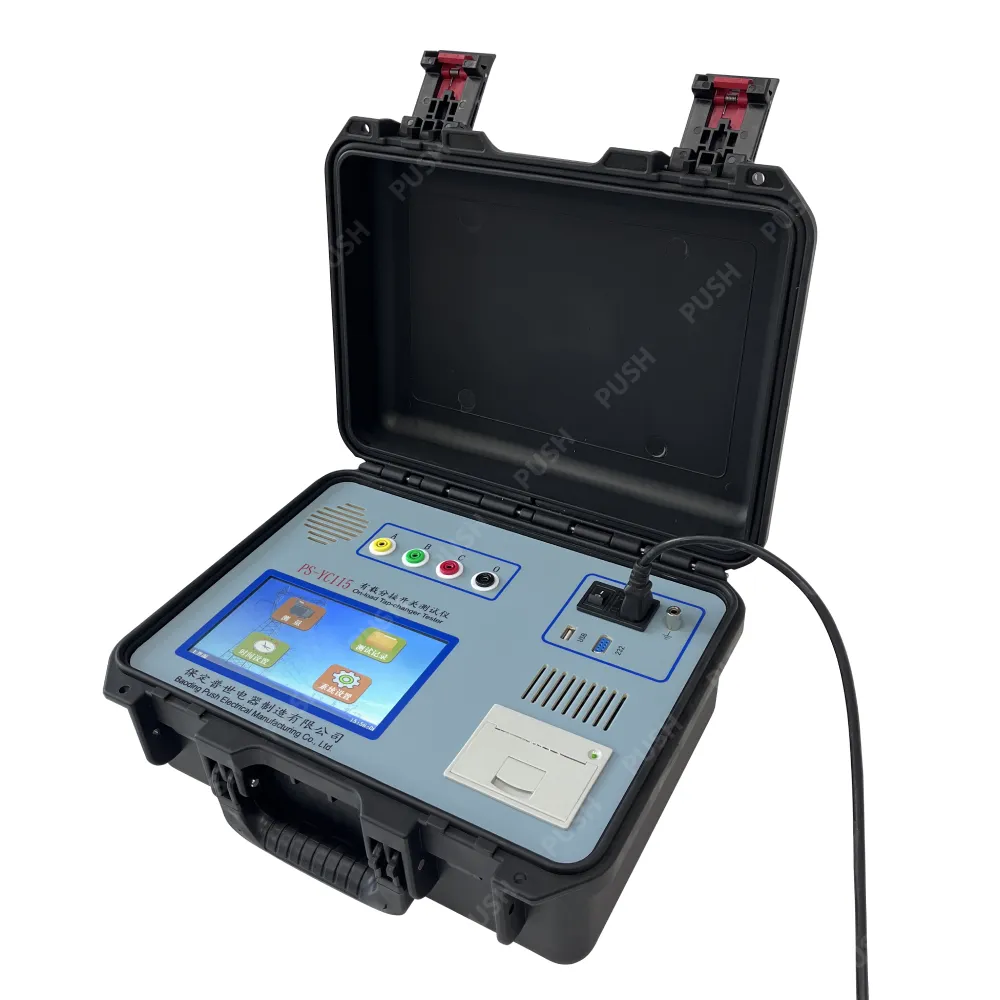 English
English



-
 Afrikaans
Afrikaans -
 Albanian
Albanian -
 Amharic
Amharic -
 Arabic
Arabic -
 Armenian
Armenian -
 Azerbaijani
Azerbaijani -
 Basque
Basque -
 Belarusian
Belarusian -
 Bengali
Bengali -
 Bosnian
Bosnian -
 Bulgarian
Bulgarian -
 Catalan
Catalan -
 Cebuano
Cebuano -
 China
China -
 China (Taiwan)
China (Taiwan) -
 Corsican
Corsican -
 Croatian
Croatian -
 Czech
Czech -
 Danish
Danish -
 Dutch
Dutch -
 English
English -
 Esperanto
Esperanto -
 Estonian
Estonian -
 Finnish
Finnish -
 French
French -
 Frisian
Frisian -
 Galician
Galician -
 Georgian
Georgian -
 German
German -
 Greek
Greek -
 Gujarati
Gujarati -
 Haitian Creole
Haitian Creole -
 hausa
hausa -
 hawaiian
hawaiian -
 Hebrew
Hebrew -
 Hindi
Hindi -
 Miao
Miao -
 Hungarian
Hungarian -
 Icelandic
Icelandic -
 igbo
igbo -
 Indonesian
Indonesian -
 irish
irish -
 Italian
Italian -
 Japanese
Japanese -
 Javanese
Javanese -
 Kannada
Kannada -
 kazakh
kazakh -
 Khmer
Khmer -
 Rwandese
Rwandese -
 Korean
Korean -
 Kurdish
Kurdish -
 Kyrgyz
Kyrgyz -
 Lao
Lao -
 Latin
Latin -
 Latvian
Latvian -
 Lithuanian
Lithuanian -
 Luxembourgish
Luxembourgish -
 Macedonian
Macedonian -
 Malgashi
Malgashi -
 Malay
Malay -
 Malayalam
Malayalam -
 Maltese
Maltese -
 Maori
Maori -
 Marathi
Marathi -
 Mongolian
Mongolian -
 Myanmar
Myanmar -
 Nepali
Nepali -
 Norwegian
Norwegian -
 Norwegian
Norwegian -
 Occitan
Occitan -
 Pashto
Pashto -
 Persian
Persian -
 Polish
Polish -
 Portuguese
Portuguese -
 Punjabi
Punjabi -
 Romanian
Romanian -
 Russian
Russian -
 Samoan
Samoan -
 Scottish Gaelic
Scottish Gaelic -
 Serbian
Serbian -
 Sesotho
Sesotho -
 Shona
Shona -
 Sindhi
Sindhi -
 Sinhala
Sinhala -
 Slovak
Slovak -
 Slovenian
Slovenian -
 Somali
Somali -
 Spanish
Spanish -
 Sundanese
Sundanese -
 Swahili
Swahili -
 Swedish
Swedish -
 Tagalog
Tagalog -
 Tajik
Tajik -
 Tamil
Tamil -
 Tatar
Tatar -
 Telugu
Telugu -
 Thai
Thai -
 Turkish
Turkish -
 Turkmen
Turkmen -
 Ukrainian
Ukrainian -
 Urdu
Urdu -
 Uighur
Uighur -
 Uzbek
Uzbek -
 Vietnamese
Vietnamese -
 Welsh
Welsh -
 Bantu
Bantu -
 Yiddish
Yiddish -
 Yoruba
Yoruba -
 Zulu
Zulu
gas spectrometer
Exploring the World of Gas Spectrometry
Gas spectrometry is a sophisticated analytical technique pivotal in the field of chemistry and environmental science. It enables researchers and scientists to identify and quantify gaseous substances in various samples. This method is particularly valuable for detecting trace gases, monitoring air quality, and analyzing emissions from industrial processes.
At the core of gas spectrometry lies the process of mass spectrometry (MS). Gas spectrometers operate by ionizing gas molecules and then measuring the mass-to-charge ratio of these ions. The basic components of a gas spectrometer include an ion source, a mass analyzer, and a detector. The ion source generates ions from gas molecules, which are then accelerated into the mass analyzer, where they are separated based on their mass-to-charge ratios. Finally, the detector captures these ions, converting them into a readable signal that can be analyzed further.
One of the most widely used techniques within gas spectrometry is Gas Chromatography-Mass Spectrometry (GC-MS). This powerful combination allows for the separation of complex mixtures of volatile compounds before their individual identification by mass spectrometry. It is indispensable in fields ranging from environmental monitoring to pharmaceuticals, where precise identification of chemical constituents is crucial.
gas spectrometer

Gas spectrometry has also gained attention for its role in atmospheric studies. With the increasing concern over climate change and air pollution, researchers use gas spectrometers to analyze concentrations of greenhouse gases like carbon dioxide and methane. This data not only helps in understanding environmental trends but also assists policymakers in developing effective strategies to combat climate change.
Furthermore, the miniaturization of gas spectrometers has led to the development of portable devices, making it easier to monitor air quality in real-time. These advancements have broadened the accessibility of gas spectrometry, enabling non-specialists to gather essential data in various settings, from urban environments to remote locations.
In conclusion, gas spectrometry is an invaluable tool that enhances our understanding of gaseous substances in the environment and across many industries. As technology continues to advance, we can expect even greater developments in this field, enabling more accurate and efficient analyses that will drive scientific progress and inform global policies.
-
Testing Equipment Industry Sees Major Advancements in 2025: Smart & Precision Technologies Lead the WayNewsJun.06,2025
-
Applications of Direct Current Generators in Renewable Energy SystemsNewsJun.05,2025
-
Hipot Tester Calibration and Accuracy GuidelinesNewsJun.05,2025
-
Digital Circuit Breaker Analyzer Features and BenefitsNewsJun.05,2025
-
Benefits of Real-Time Power Quality Monitoring Devices for Industrial EfficiencyNewsJun.05,2025
-
Earth Fault Loop Testing in High-Rise Building Electrical SystemsNewsJun.05,2025



